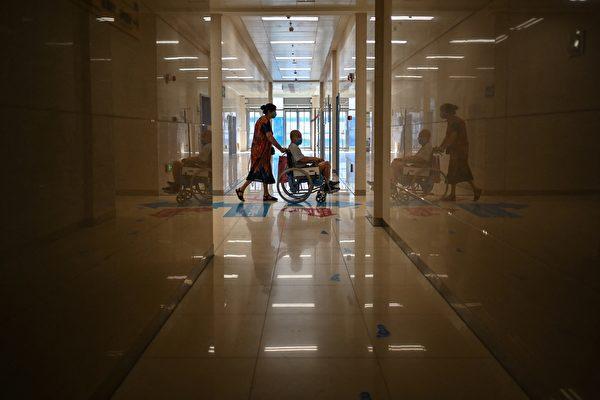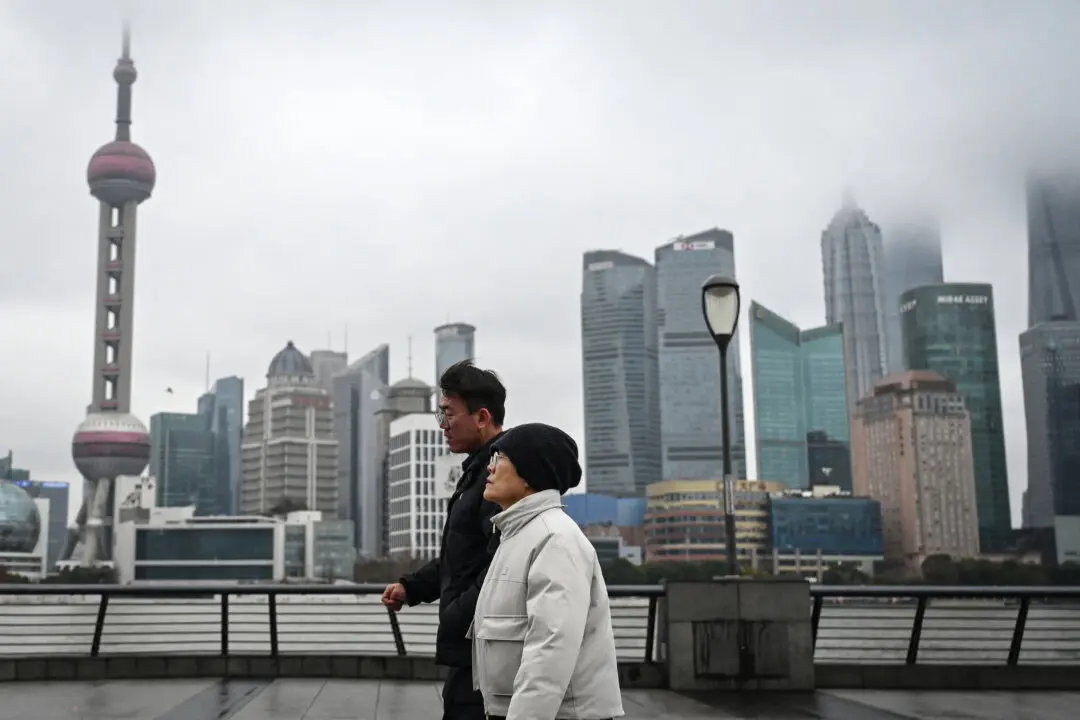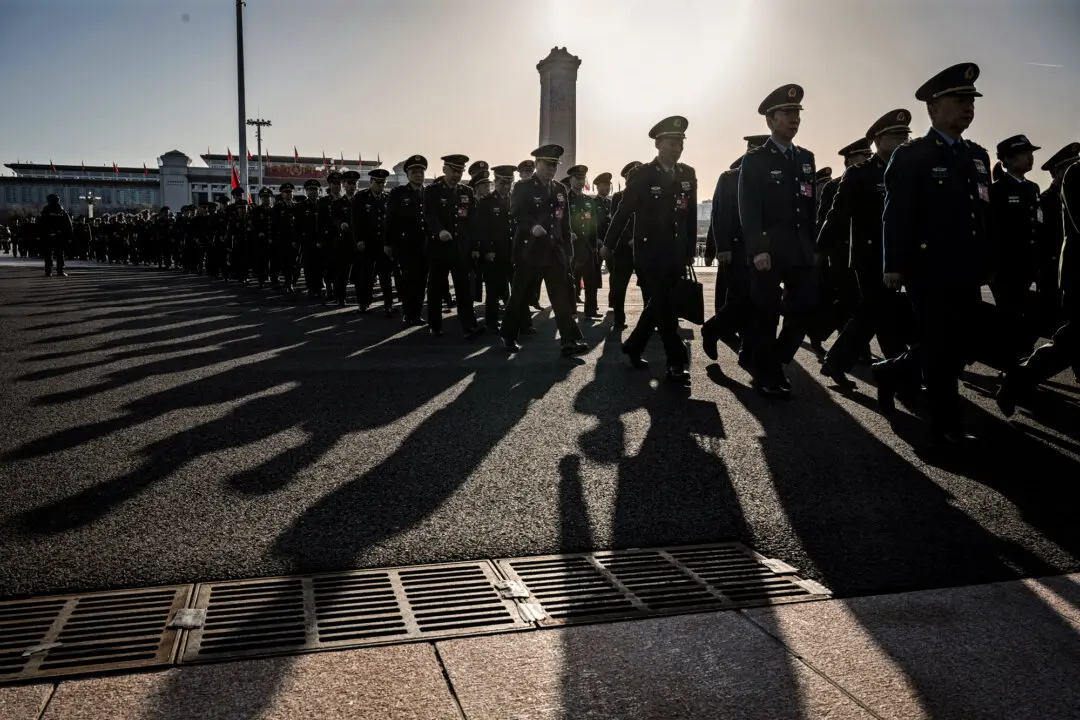COVID-19 infections might be poised to surge in ill-prepared China as the central government eases its draconian “zero-COVID” restrictions, after a UK analytics company forecast millions of deaths in China during the coming winter from the policy change.
The ruling communist regime in China abruptly relaxed some of its COVID social controls on Dec. 7, amid unprecedented mass protests against the policy and a slumping economy.




